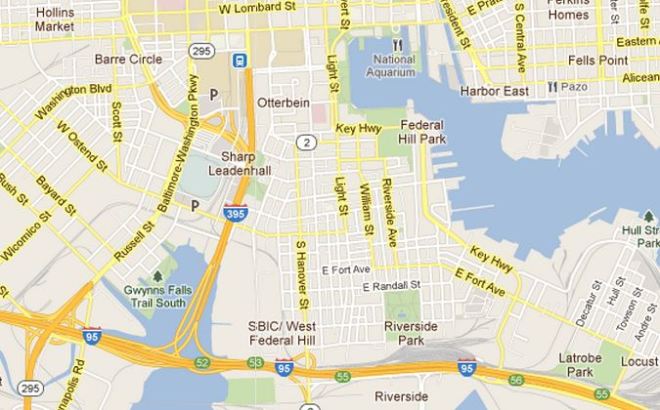I’ve been processing what it means to have a lifestyle centric definition of church a lot lately. If you want to jump to the beginning of the conversation click here.
Many will claim that one of the biggest problem with the American church is the consumer mentality of attendees; and I agree. We come. We sit. We listen. We leave. We choose our church by whether or not we have been “fed” by the preacher, or moved by the music, or made comfortable by the security and appearance of the children’s programs.
Some of you right now, who don’t believe you have a consumer mentality, are wondering what is wrong with picking a church by their children’s program.
Am I saying that we should accept crappy unsafe programs for our kids and nobly attend a church that is broken and doesn’t inspire us simply because it is around the corner? Am I saying that the solution to consumerism is that we all dutifully attend worship services we find irrelevant? Am I saying that to avoid consumerism we should practice rituals simply because they are provided and not judge their quality?
No. That is not what I’m saying.
What I am saying is that we shouldn’t define ourselves as “attendees” to begin with. Defining ourselves as attendees of a church assumes an activities centric definition of church – that being part of a church means participating in a set of activities. There is no where for this definition of church to lead accept to consumerism.
The first wave focused on combating this consumerism mentality I observed (keep in mind that I am only in my early 30’s) was the push for “service.” The theory went something like, “We need to combat consumerism by getting attendees serving in the church.” So we, the church leadership, provided tons of places to serve – the worship team, sound team, ushers, Sunday School, ministries in the community, etc… The concept was that if you could move people from sitting in the worship gathering to serving in a ministry you would encourage spiritual health and shift people away from consumerism.
But for many of us this only created a funnel effect where most showed up to watch a few serve like crazy. And in my experience it didn’t heal the consumerism. Many of those serving like crazy still wanted to be consumers. They had simply stepped up like martyrs to take on the responsibilities no one else wanted.
Now we are in the middle of this “missional” conversation. The theory seems to be that to combat consumerism we need to teach and encourage people to see themselves as missionaries. We need to call them to “be Jesus” in their communities.
Sadly, unless there is a direct assault on our definition of “church”, I fear consumerism will continue to plague us. We must address this broken understanding that the church is a set of activities we participate in. As long as church is defined by our activities we will operate as consumerism.
Addressing this I’m learning is no simple task. Forget addressing it with others…I’m simply talking about combating the consumerism within me. You see, shifting to a lifestyle centric definition of church – in which being part of a church means living a common lifestyle in the world – is rough. It demands a massive amount of personal responsibility on my part. Showing up to stuff is so much easier.
When we first started the Thingy (the church Wendy and I are a part of that gathers on Monday nights) this was a major struggle for all of us. Shifting from the centralized leadership providing activities focused on spiritual growth to taking responsibility for our own spirituality was rough. A year and a half into this journey some of us still talk about it. I constantly catch myself planning big events or asking myself, “So when will a time come when I can just show up to something?” There was even a period of detox for all of us – a time of intense frustration and pain where we longed to just be consumers.
At the same time. While the transition away from consumerism has been hard, I’ve never felt more alive in my faith. I’ve never been closer to Christ. I’ve never felt so in tune with the New Testament. For so long I would read scripture and feel my spiritual life was completely disconnected from it. There were so many things Jesus said that made no sense to me. Moving to a lifestyle centric definition of church was like removing a veil. All of a sudden passages that never made sense started connecting. All of a sudden I felt like a part of the story, not just a reader.
The shift is hard…but it is worth it.





